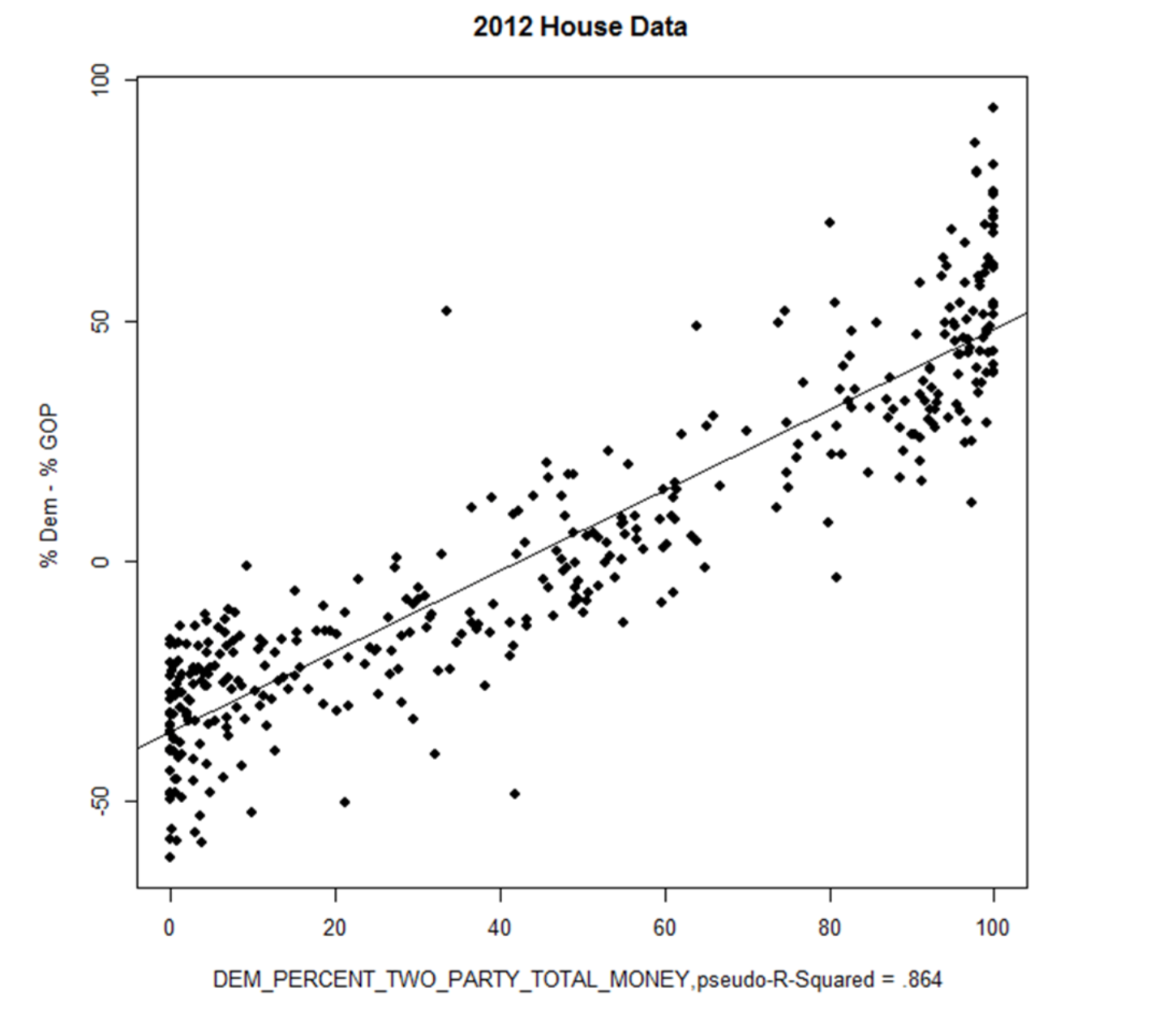HSBC Global Head Of FX Cash Trading Arrested At JFK Airport
A historic event took place moments ago when Mark Johnson, the global head of cash FX at HSBC was arrested at JFK airport for his role in a "conspiracy to rig currency benchmarks", and specifically for frontrunning customer orders. He is the first person charged by the US in the ongoing FX rigging probe.
As Bloomberg reports, a "senior manager at HSBC Holdings Plc was arrested in New York for his role in a conspiracy to rig currency benchmarks, according to two people familiar with the matter, becoming the first person to be charged in the Justice Department’s three-year investigation into foreign-exchange rigging at global banks."
The DOJ adds that Mark Johnson, 50, a U.K. citizen and U.K. and U.S. resident, and Stuart Scott, 43, a U.K. citizen and resident, were charged by complaint with conspiracy to commit wire fraud. Johnson was arrested last night at JFK International Airport in Queens, New York, and will be arraigned later today before U.S. Magistrate Judge Lois Bloom of the Eastern District of New York
http://www.zerohedge.com/news/2016-07-20/hsbc-global-head-fx-cash-trading-arrested-jfk-airport
Nice to see arrests after the Libor scandal.
A historic event took place moments ago when Mark Johnson, the global head of cash FX at HSBC was arrested at JFK airport for his role in a "conspiracy to rig currency benchmarks", and specifically for frontrunning customer orders. He is the first person charged by the US in the ongoing FX rigging probe.
As Bloomberg reports, a "senior manager at HSBC Holdings Plc was arrested in New York for his role in a conspiracy to rig currency benchmarks, according to two people familiar with the matter, becoming the first person to be charged in the Justice Department’s three-year investigation into foreign-exchange rigging at global banks."
The DOJ adds that Mark Johnson, 50, a U.K. citizen and U.K. and U.S. resident, and Stuart Scott, 43, a U.K. citizen and resident, were charged by complaint with conspiracy to commit wire fraud. Johnson was arrested last night at JFK International Airport in Queens, New York, and will be arraigned later today before U.S. Magistrate Judge Lois Bloom of the Eastern District of New York
http://www.zerohedge.com/news/2016-07-20/hsbc-global-head-fx-cash-trading-arrested-jfk-airport
Nice to see arrests after the Libor scandal.











